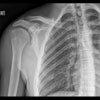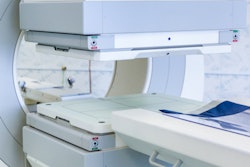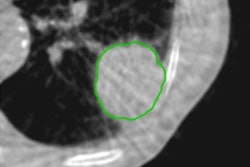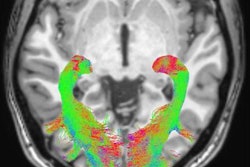The British Nuclear Medicine Society (BNMS) is cautioning that Brexit could have a serious adverse effect on the availability of radioactive isotopes for patient healthcare and medical research.
Since the U.K. does not produce any of the longer-lived medical radioisotopes used in medicine, the majority of materials are imported into the country and is covered, in part, through the European Atomic Energy Community (Euratom) treaty. The treaty was established in 1957 to develop regulations and safeguards for the transportation and use of radioactive materials, as well as govern the U.K.'s international nuclear cooperation agreements with countries in Europe and around the world, including Canada, Japan, and the U.S.
Thus, the BNMS shares the view of the U.K. Royal College of Radiologists (RCR) that leaving Euratom will impact the supply and cost of medical radioisotopes.
"If appropriate agreements and cross border transport arrangements are not put into place post Brexit, this would have impact on the management of patients both in the U.K. and in many other countries who depend on the supply of these essential medical supplies," BNMS officials noted in a statement.
The organization estimated that 1 million people in the U.K. annually undergo diagnostic and therapeutic procedures through clinical nuclear medicine services. The organization also is working with National Health Service England on the security of the future supply chain for medical radioisotopes to U.K. hospitals.



















